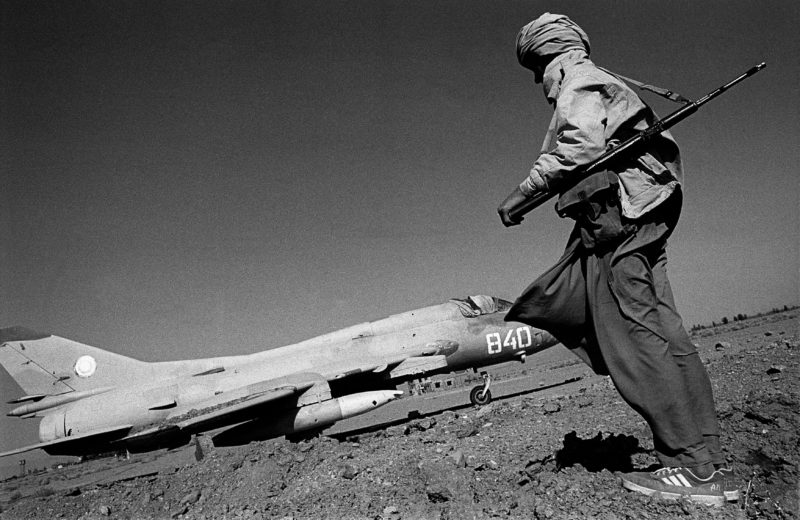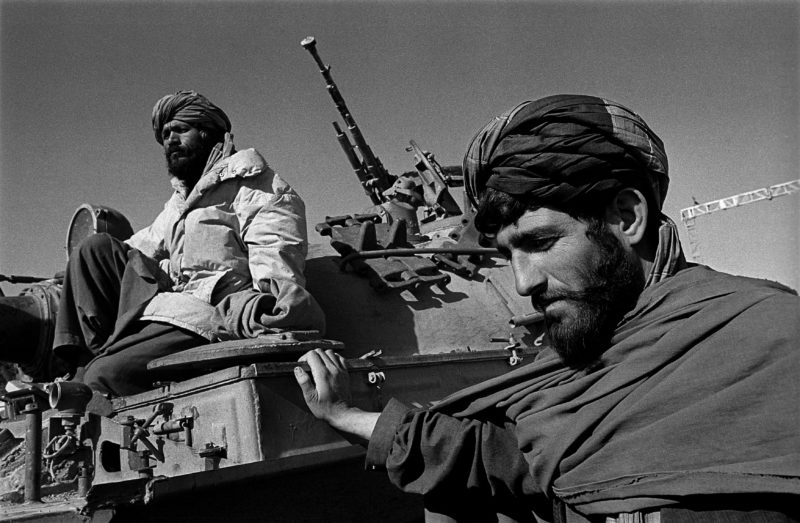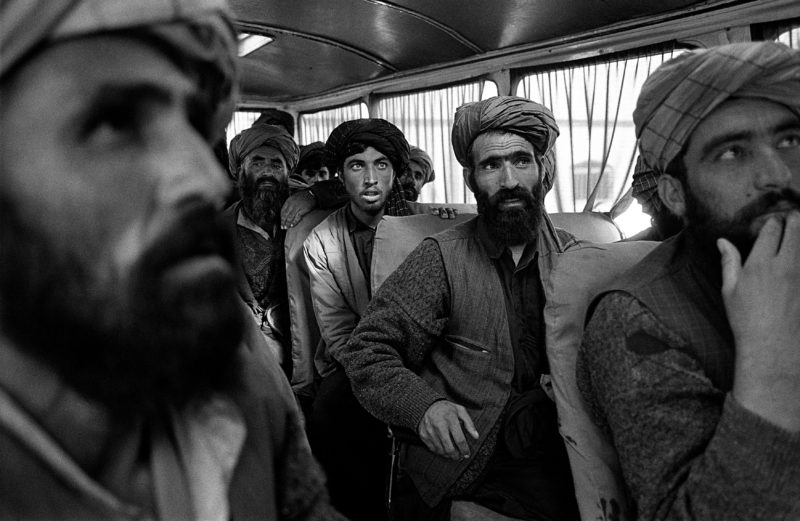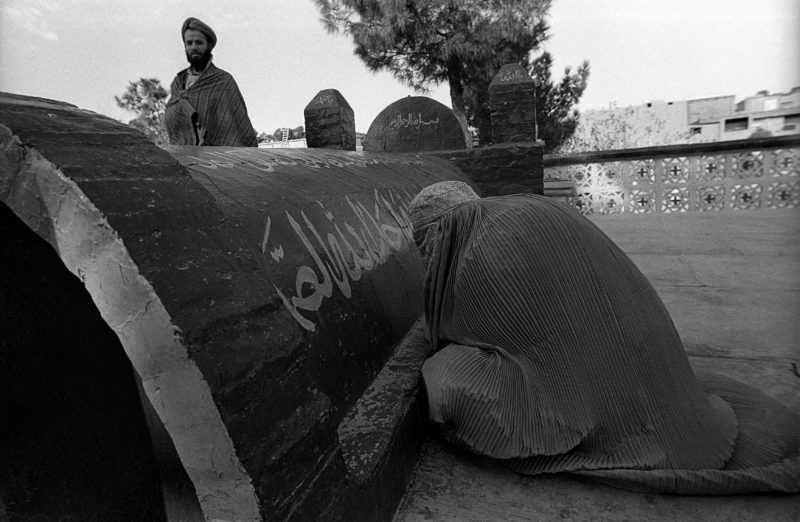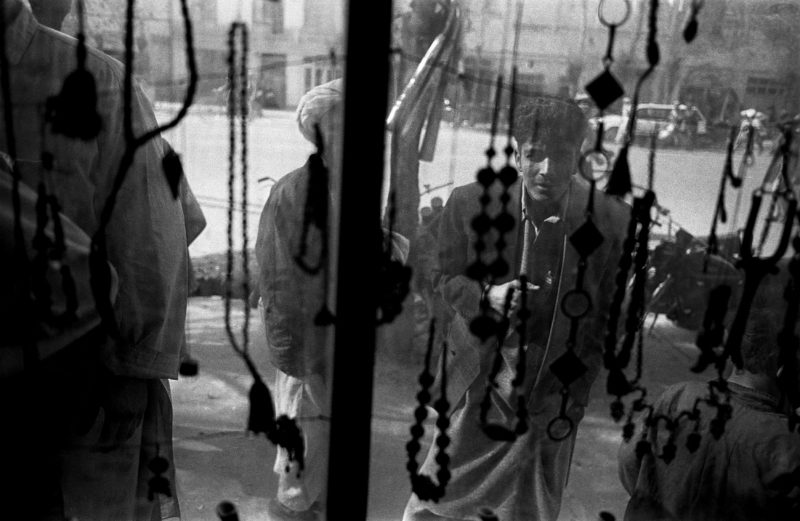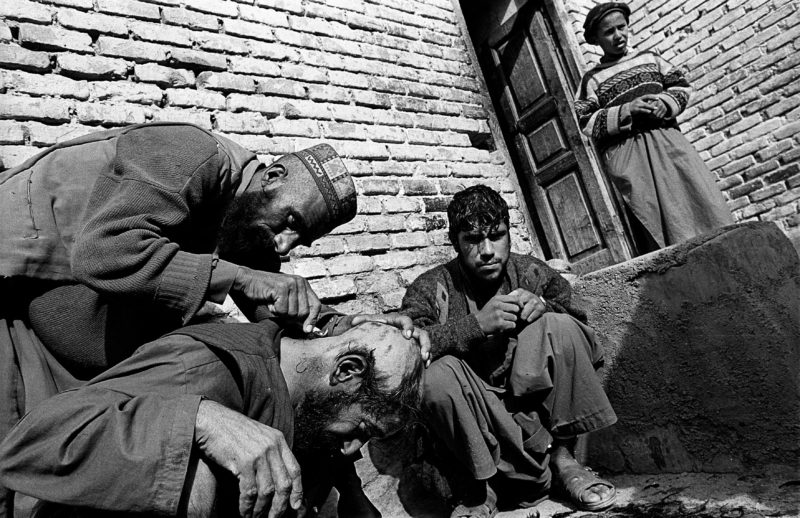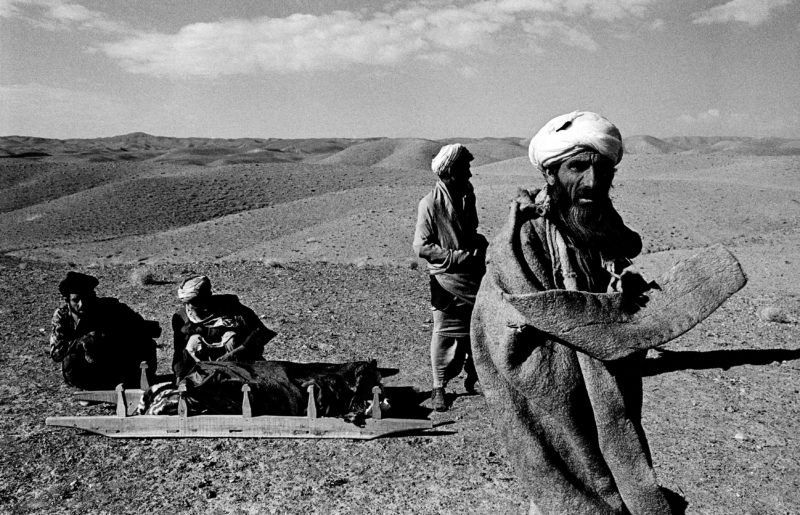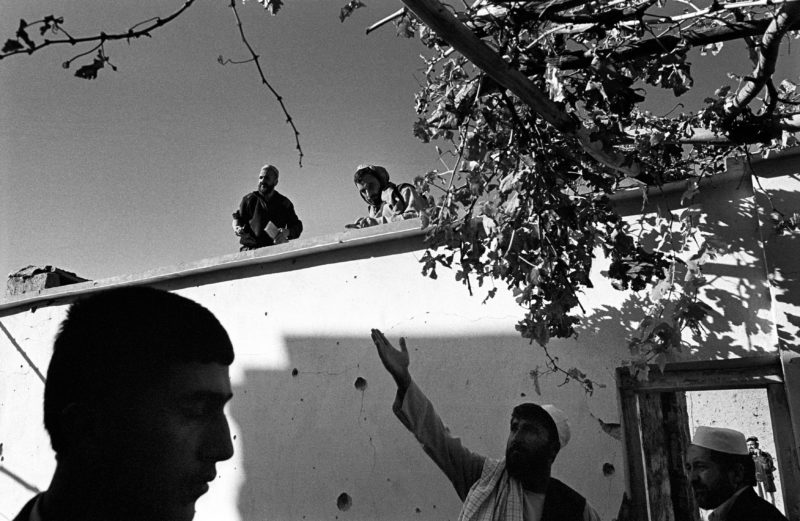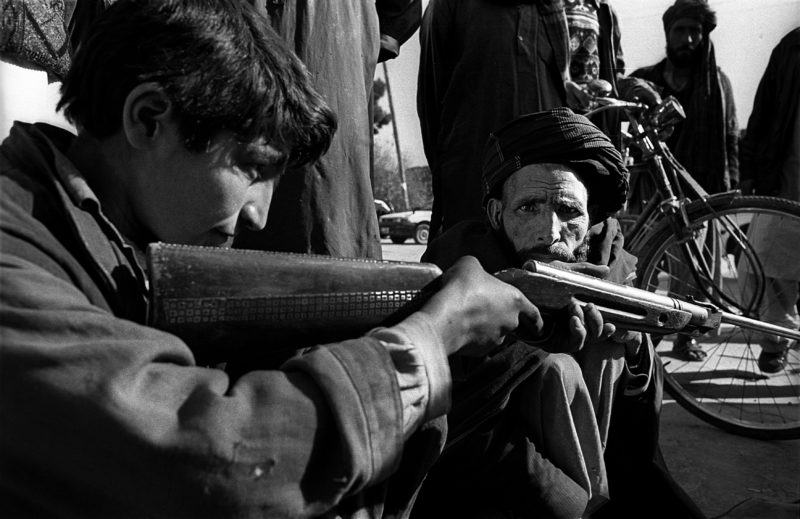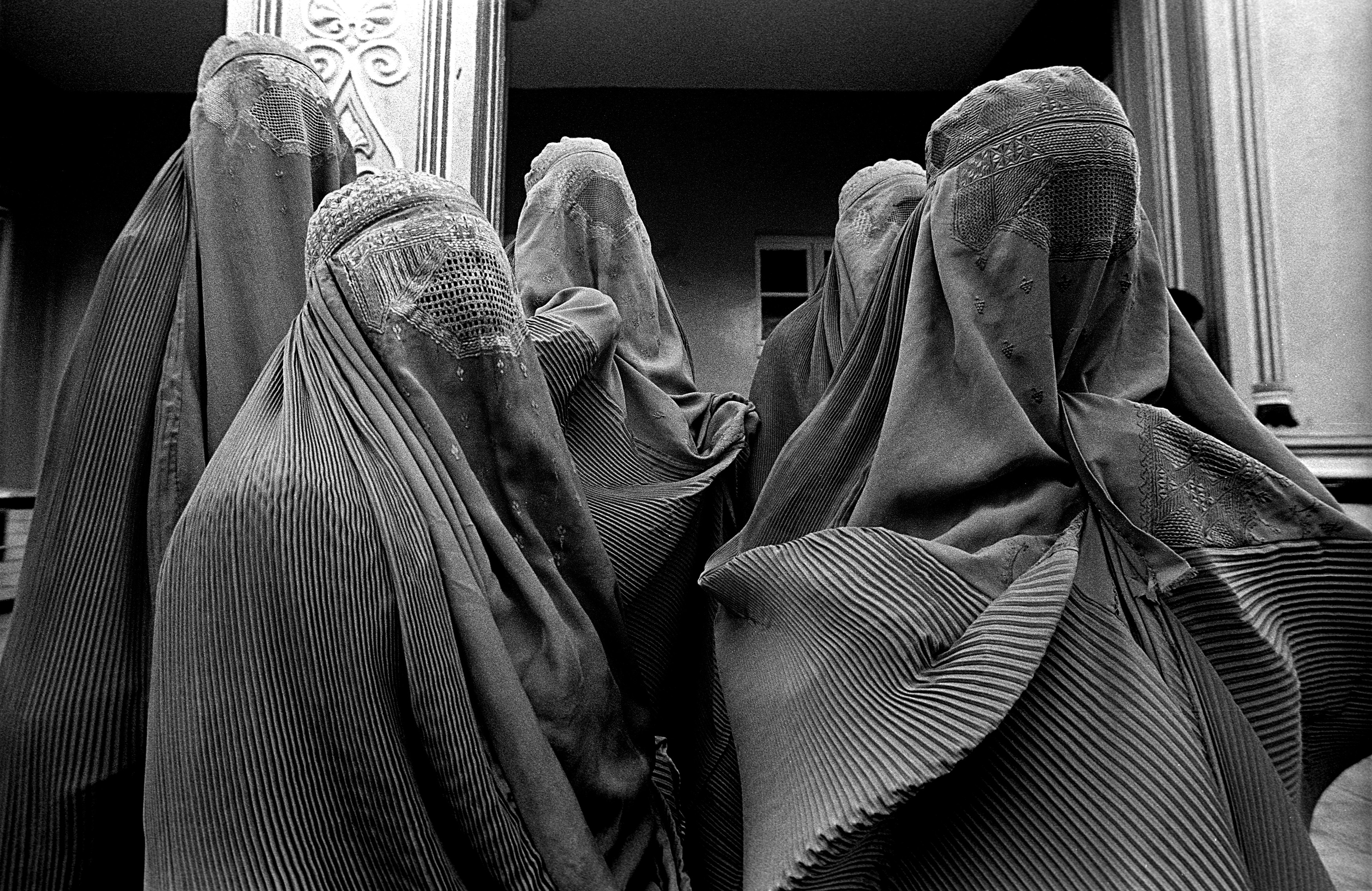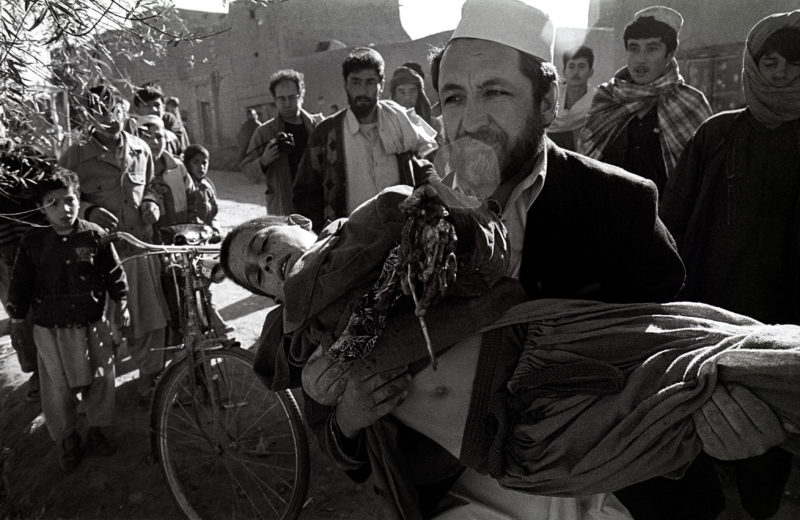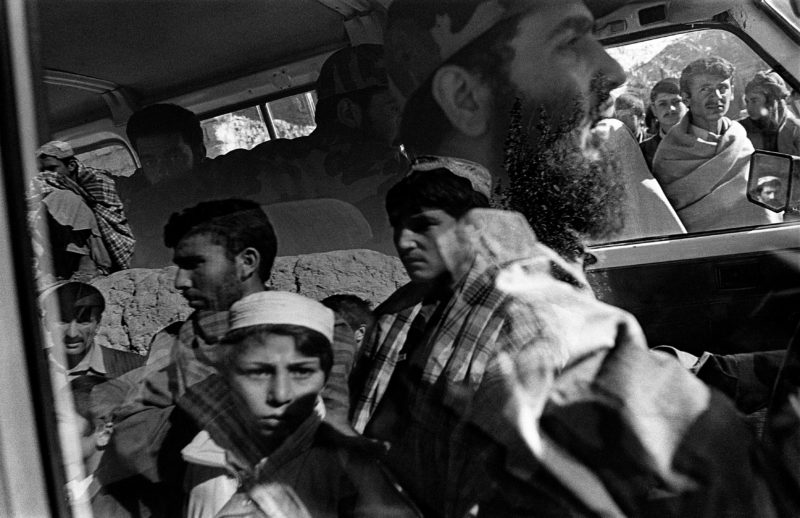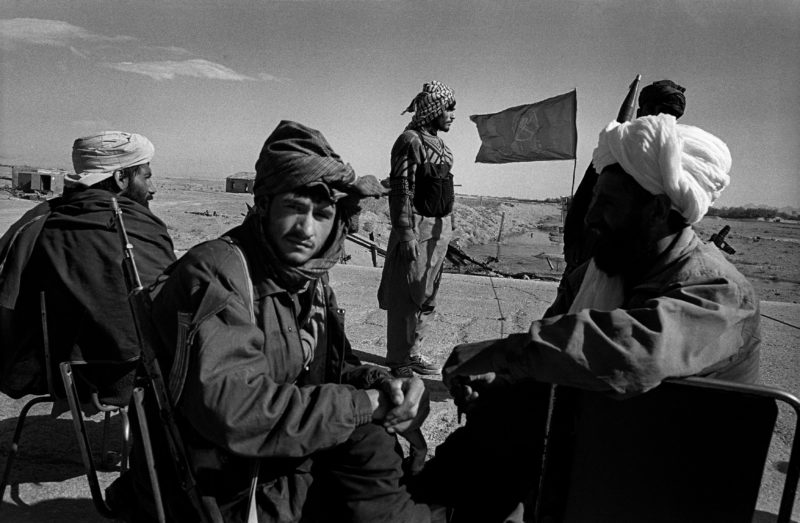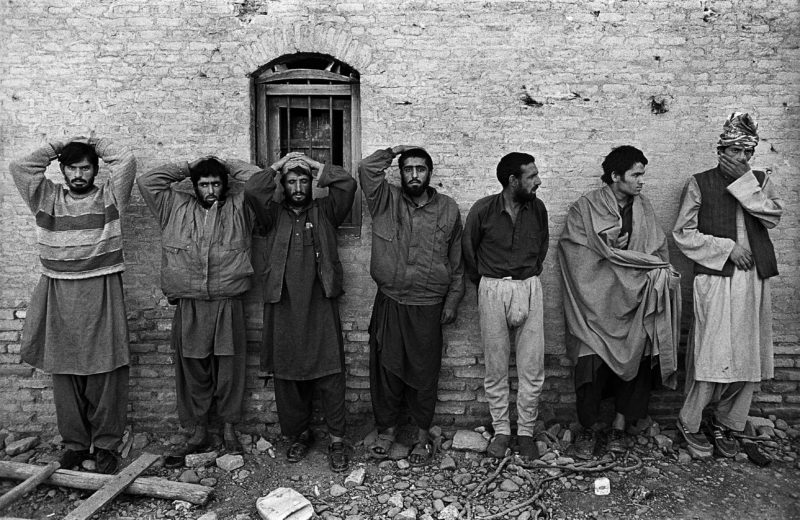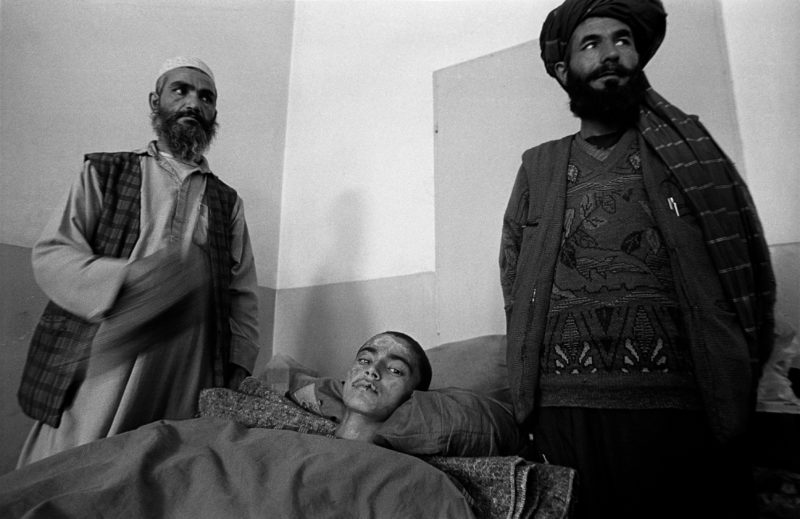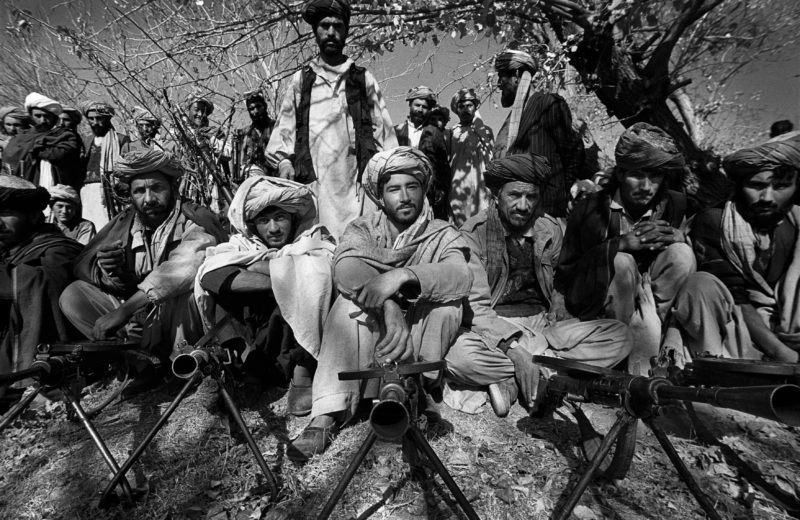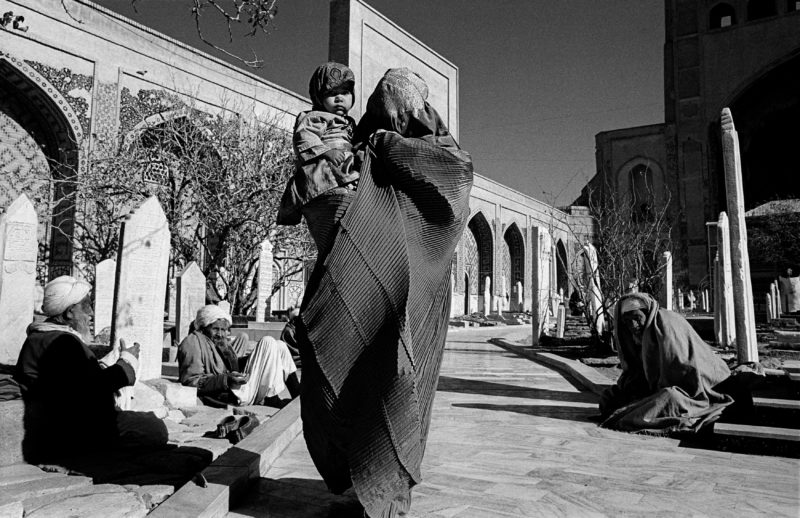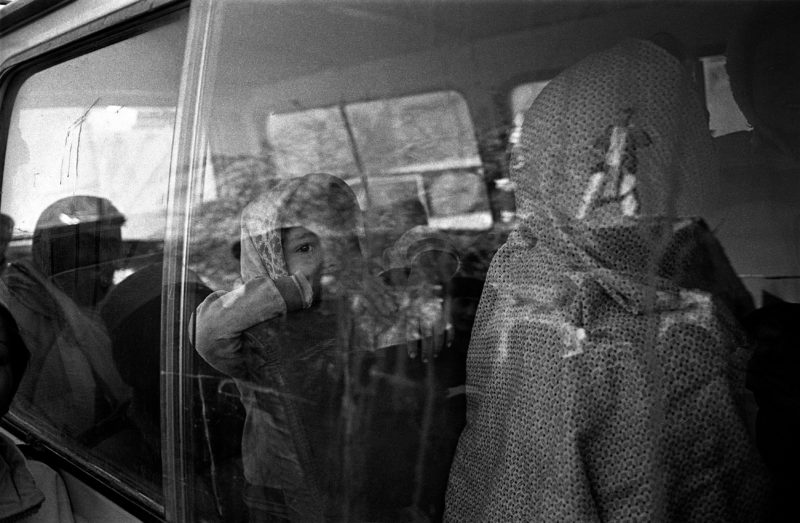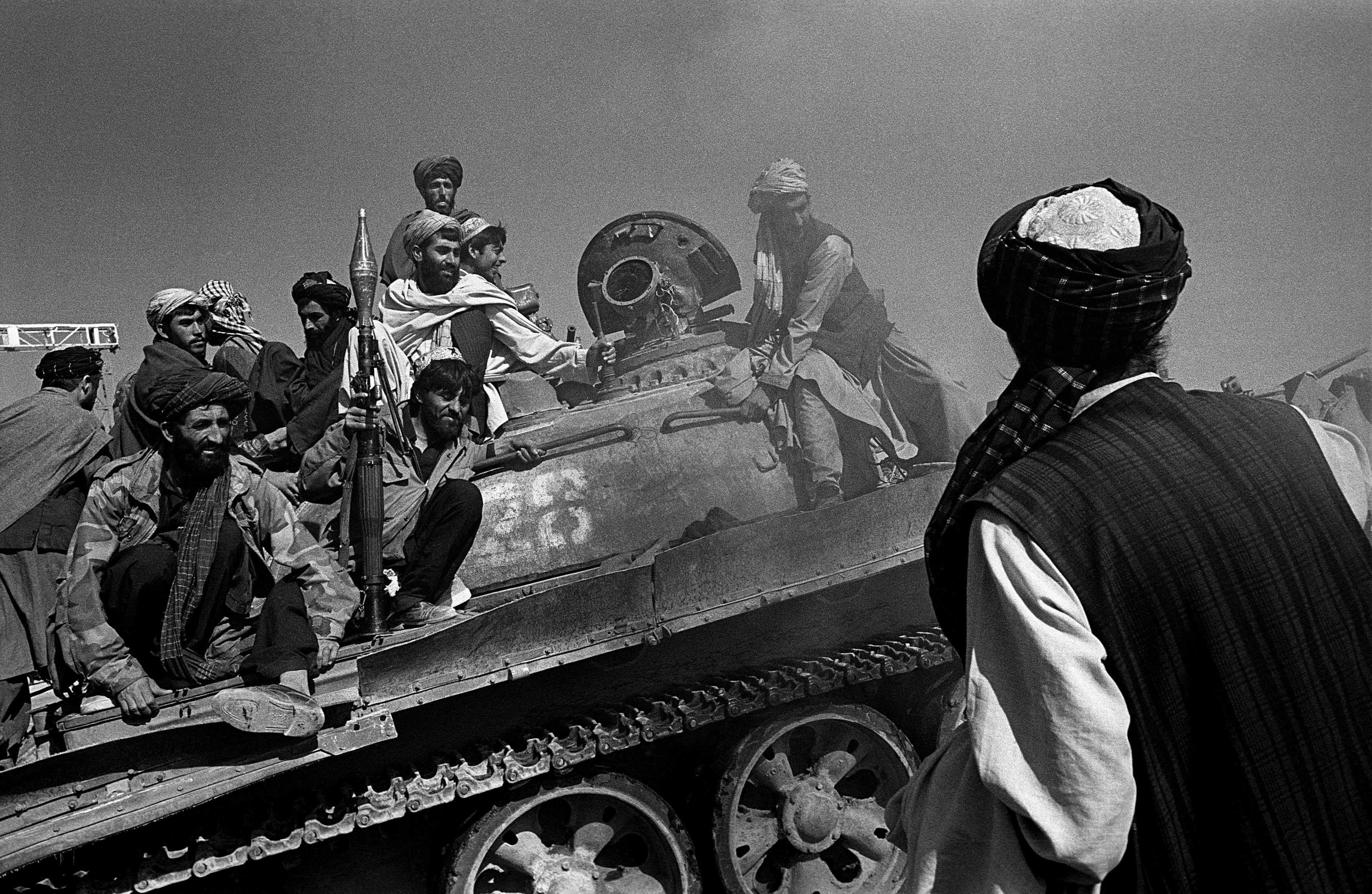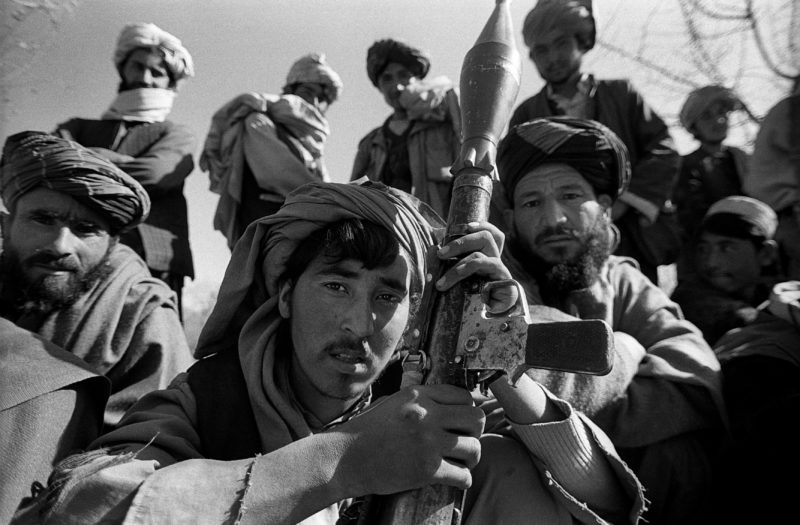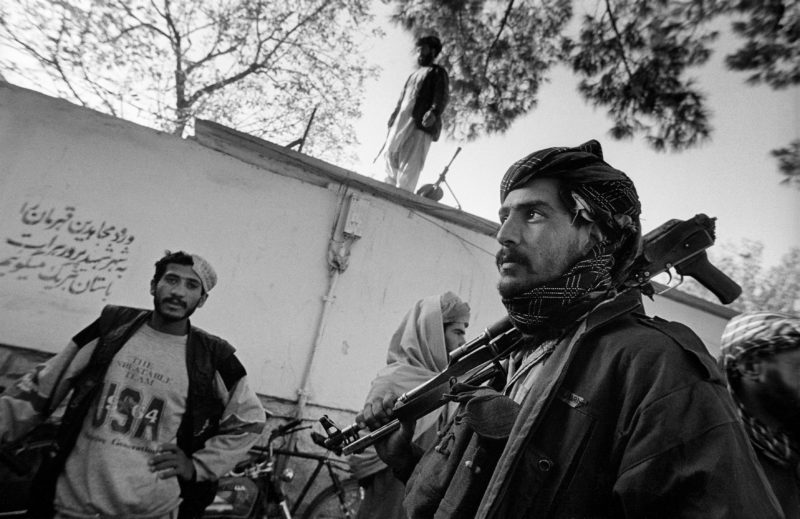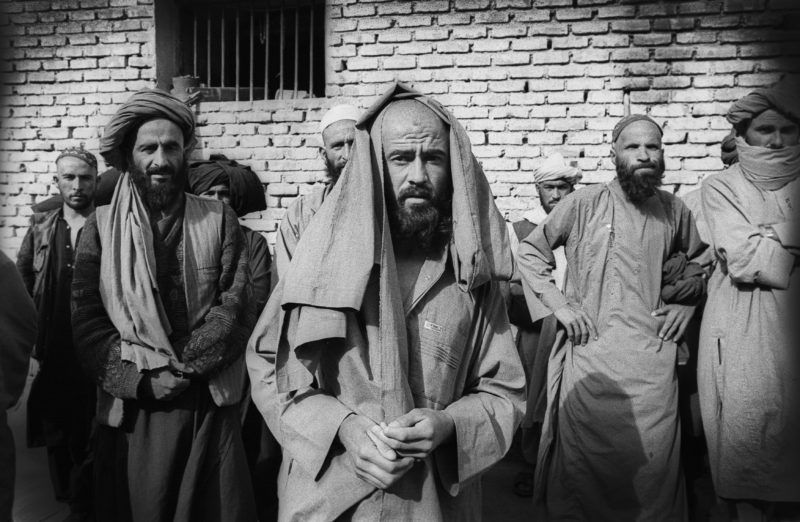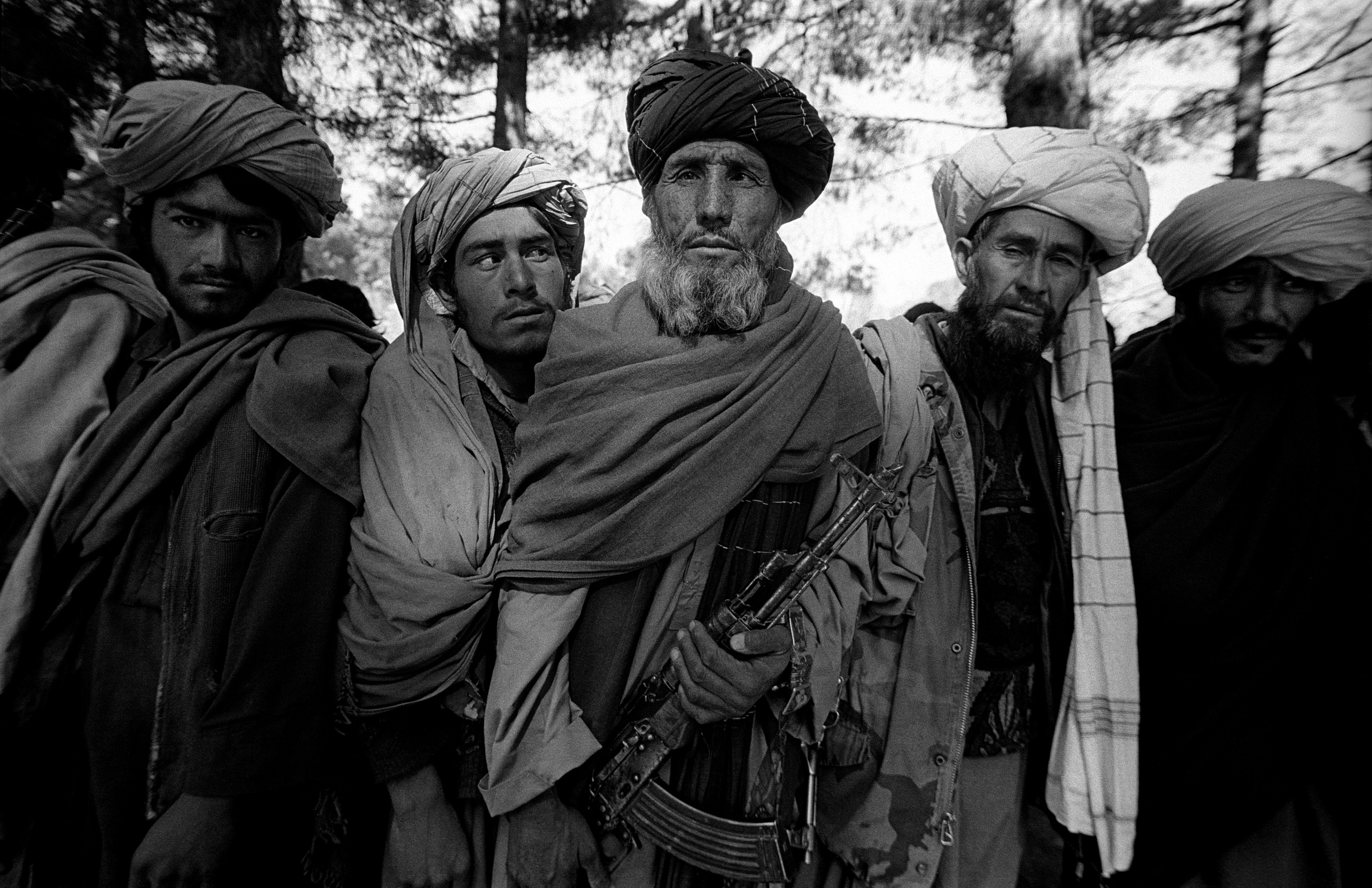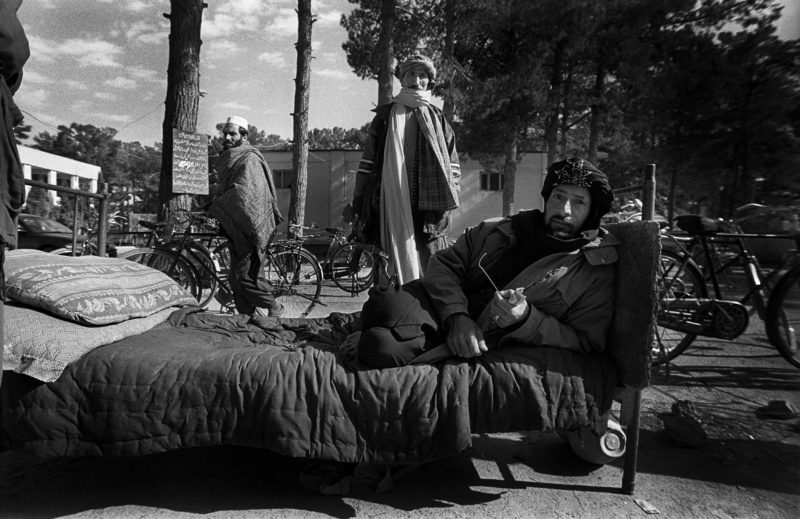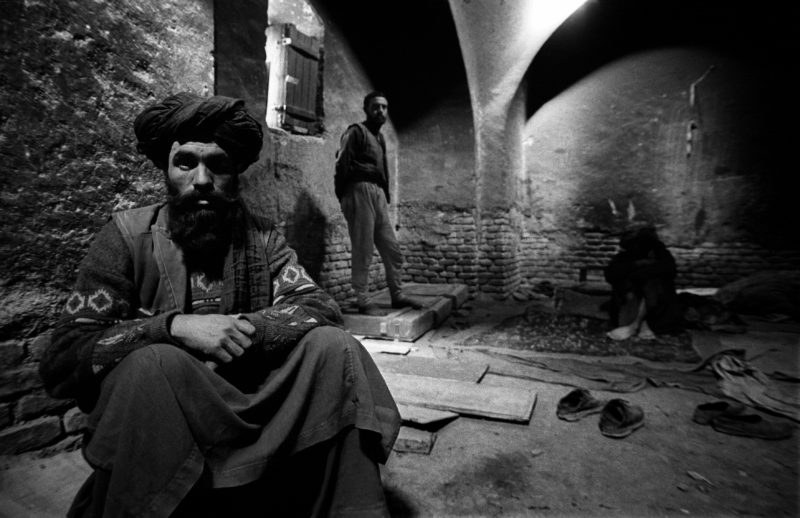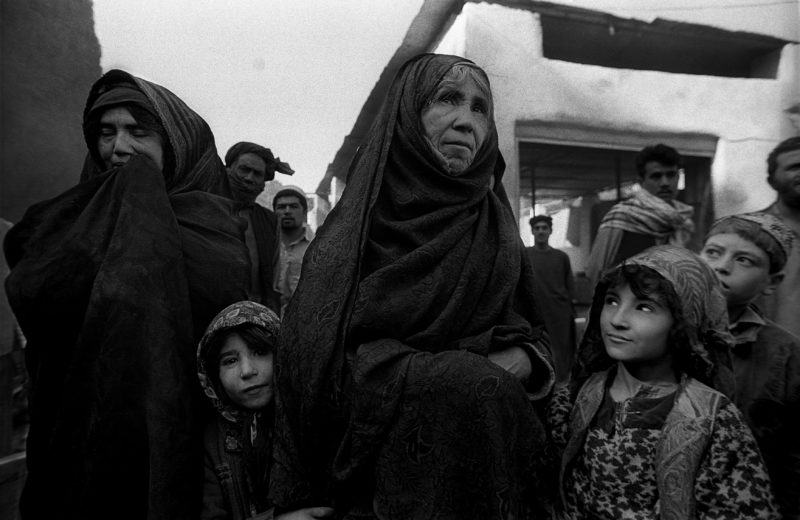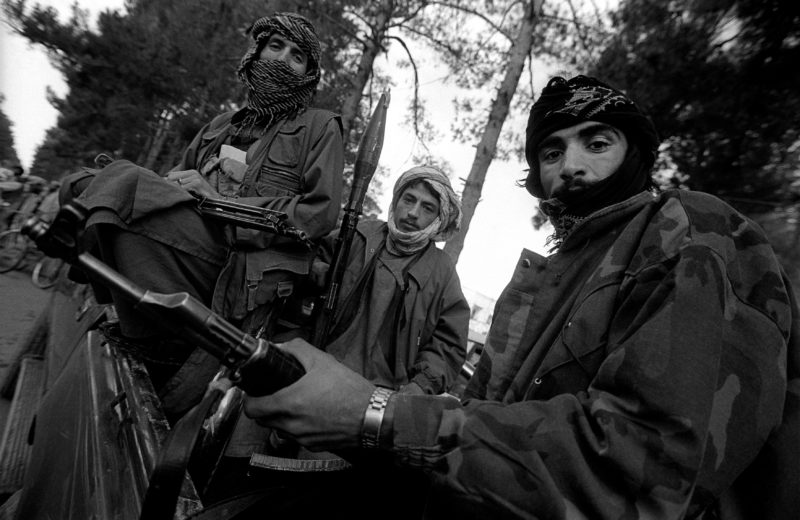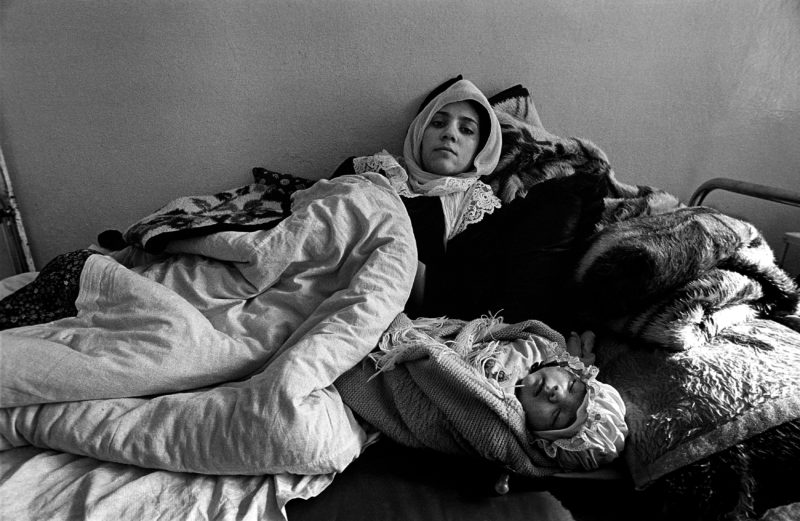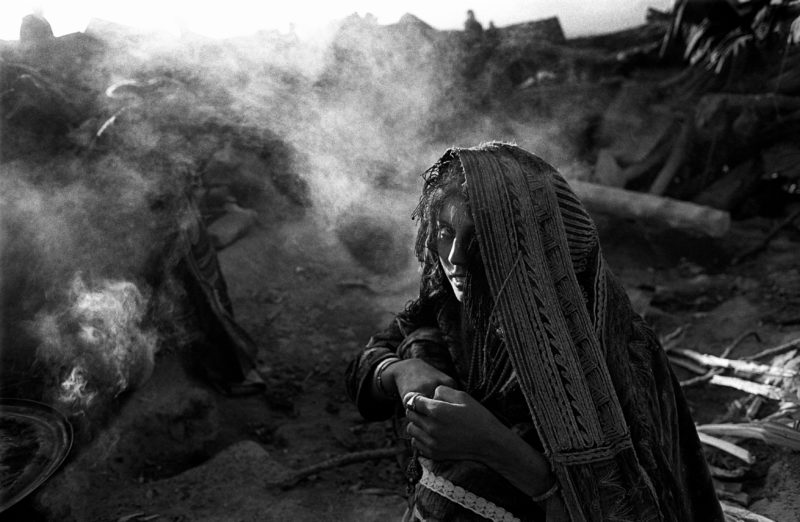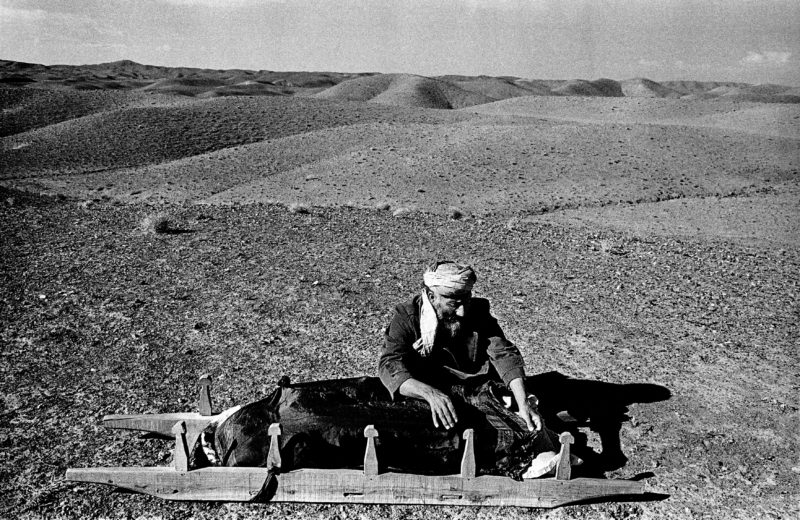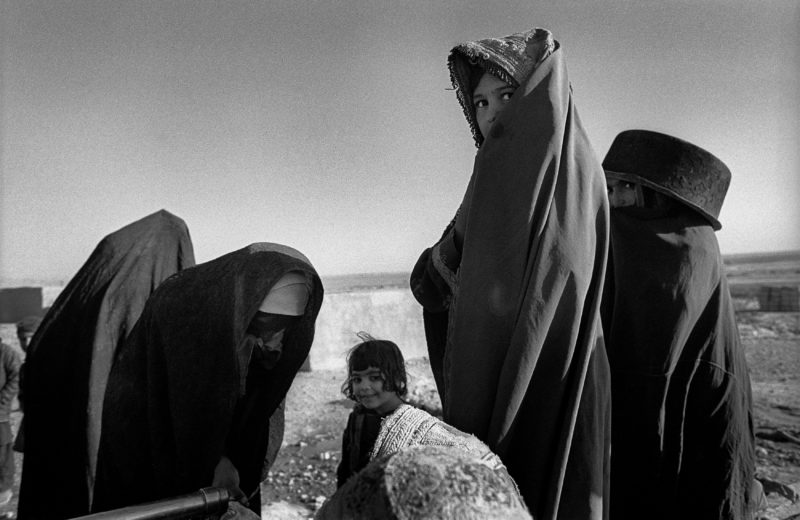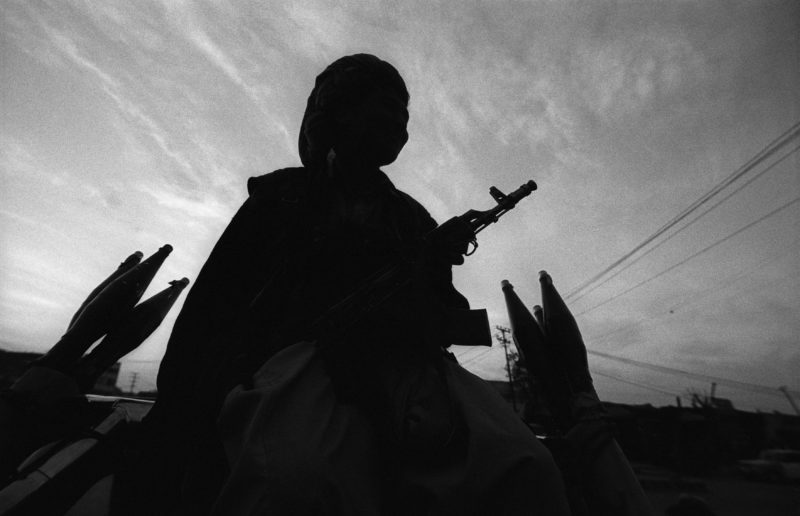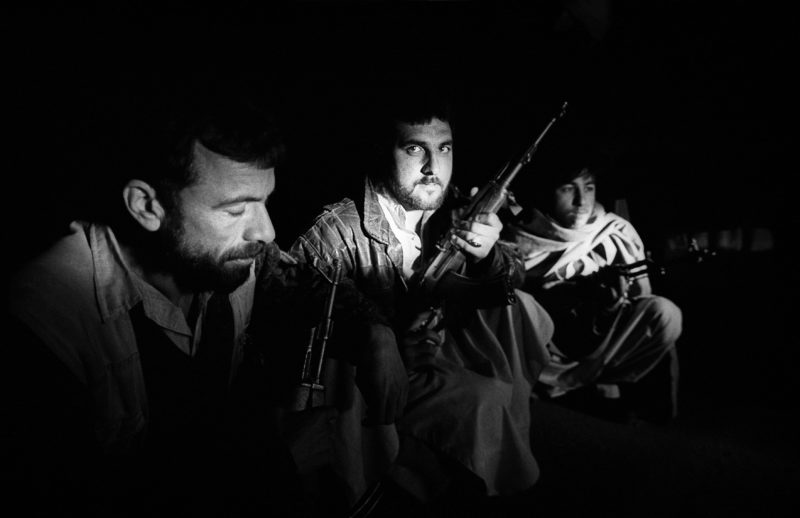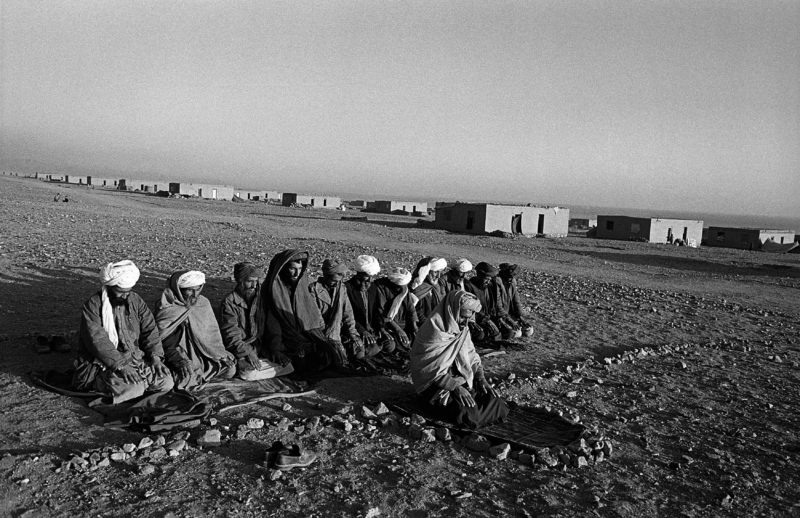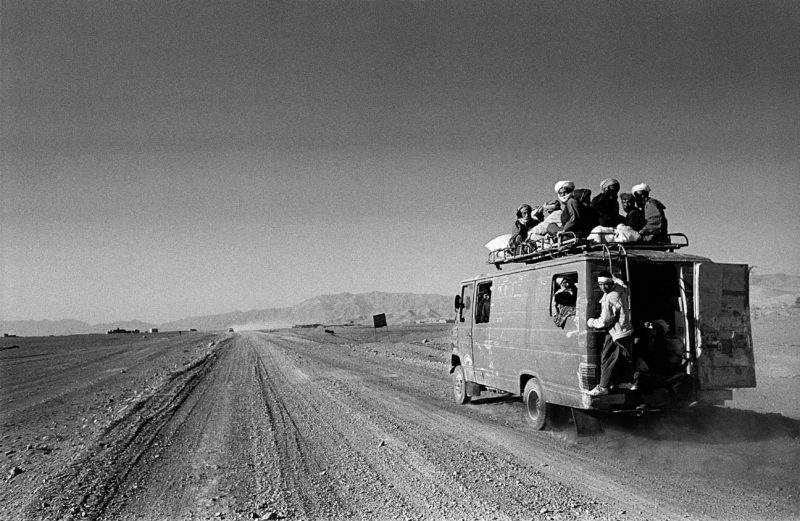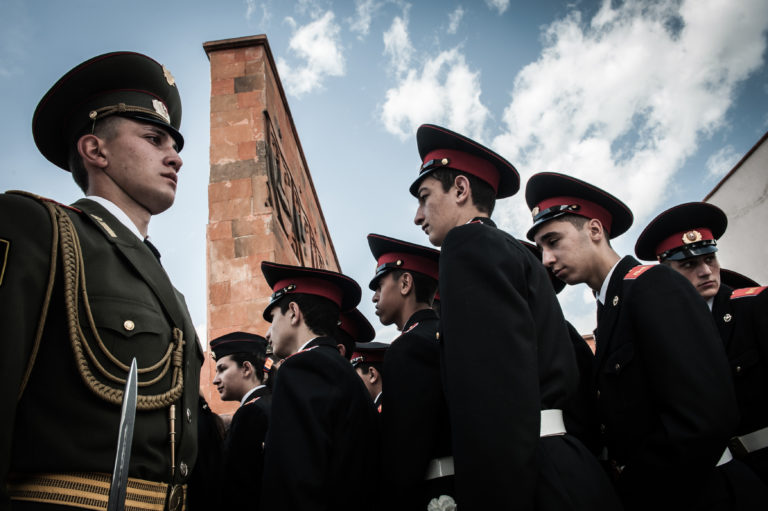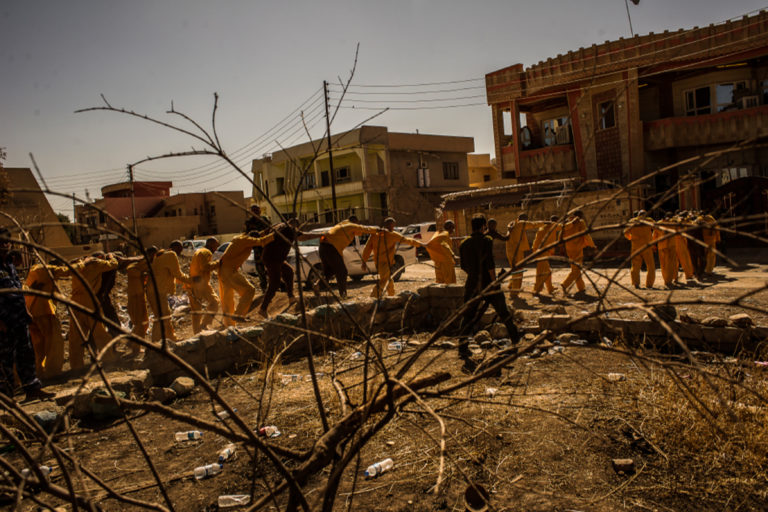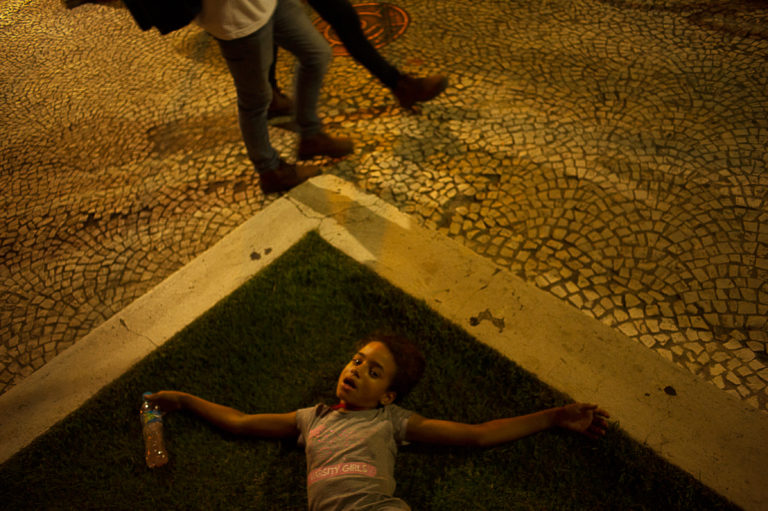One day in autumn 2001 the world changed for ever. The tragic events which took the US troops, together with their NATO allies, to invade Afghanistan are so far well known. After that global, endless shock, the response was immediate and unanimous: Afghanistan had to be invaded because al Qaeda (“the enemy”) was based there and hosted by the Taliban regime. The operation was so called “Enduring Freedom”, because its goal was not just to destroy al Qaeda bases and erase forever the world’s terrorist threat, but also to help the afghan population to rebuilt from zero a country totally destroyed by years of wars and governed by violent religious extremists. The words pronounced in 2001 by president Bush “leading Afghanistan towards renascence and prosperity” sound today as a deep prank. After 20 years and several trillions of dollars spent, mostly in military operations, the imagery and the political acts of these days show the failure of western democracies, unable to help Afghanistan in restoring a peaceful society and denying the promises made to the Afghan people. Freedom cannot be exported, freedom can only be taught.
In late October 2001, The U.S. military, with British support, begins a bombing campaign against Taliban forces, officially launching Operation Enduring Freedom. Canada, Australia, Germany, and France pledge future support. The war’s early phase mainly involves U.S. air strikes on al-Qaeda and Taliban forces that are assisted by a partnership of about one thousand U.S. special forces, the Northern Alliance, and ethnic Pashtun anti-Taliban forces. The first wave of conventional ground forces arrives twelve days later. Most of the ground combat is between the Taliban and its Afghan opponents. The Taliban regime unravels rapidly after its loss at Mazar-e-Sharif on November 9, 2001, to forces loyal to Abdul Rashid Dostum, an ethnic Uzbek military leader. Over the next week Taliban strongholds crumble after coalition and Northern Alliance offensives. On November 14, 2001, the UN Security Council passes Resolution 1378, calling for a “central role” for the United Nations in establishing a transitional administration and inviting member states to send peacekeeping forces to promote stability and aid delivery.
